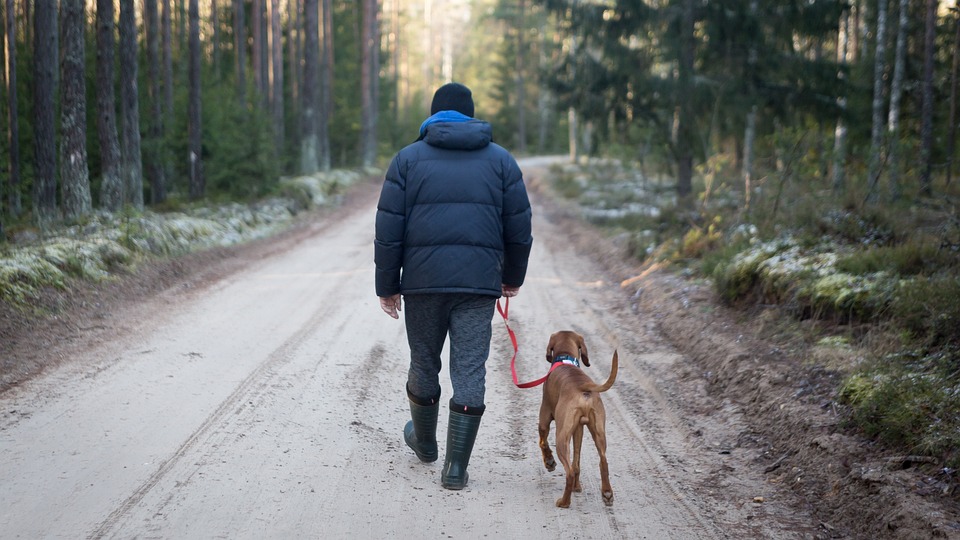Table of Contents
Introduction
Camping is a great way to connect with nature and escape from the hustle and bustle of everyday life. One essential item for any camping trip is a reliable and suitable tent. With so many options available, choosing the perfect camping tent can be overwhelming. In this ultimate guide, we will walk you through the factors to consider when selecting a tent to ensure you have a comfortable and enjoyable camping experience.
Size and Capacity
Before choosing a camping tent, it’s important to consider the size and capacity you require. Tents are often categorized based on the number of people they can accommodate. However, keep in mind that the capacity rating provided by manufacturers assumes that there will be no additional gear stored inside. If you prefer extra space or have bulky equipment, consider choosing a tent with a larger capacity than the number of people you are accommodating.
Weather Resistance
Weather conditions can greatly impact your camping experience, so it is crucial to choose a tent with suitable weather resistance. Tents are rated based on their ability to withstand different weather conditions. Look for tents that are waterproof, have a high hydrostatic head rating, and come with sealed seams to ensure water does not seep through during rainfall. Additionally, consider tents with good ventilation to prevent condensation build-up.
Tent Design and Shape
Tent design and shape play a significant role in its performance and usability. There are generally three main types of tents: dome, tunnel, and cabin. Dome tents are lightweight and offer excellent stability against wind. Tunnel tents provide ample headroom and are suitable for longer camping trips. Cabin tents offer spacious interiors and are ideal for family camping. Choose a design that best suits your preferences and requirements.
Weight and Portability
If you plan on backpacking or hiking to your camping destination, the weight and portability of the tent are essential factors to consider. Lightweight tents made from durable materials, such as nylon or polyester, are easier to carry and won’t add unnecessary load to your backpack. Look for tents with compact packing sizes, making them easier to fit into your bag without taking up too much space.
Setup and Dismantle
Another crucial factor to consider is the ease of setup and dismantle. Look for tents that come with a user-friendly design and clear instructions. Freestanding tents are generally easier to set up as they do not require stakes for support. Additionally, consider the number of poles and the type of clips or connectors used in the tent’s construction, as they can impact the ease and speed of assembling the tent.
Budget
Setting a budget is essential when purchasing a camping tent. Tent prices can vary significantly based on factors such as brand, size, material, and additional features. Decide on a budget range and prioritize your requirements accordingly. While it’s good to invest in a durable and reliable tent, keep in mind that some extra features may not be necessary for a successful camping experience.
FAQs
1. How do I choose the right size tent for my camping trip?
Consider the number of people and the amount of gear you need to accommodate. If you prefer extra space, opt for a larger capacity tent.
2. What features should I look for in a weather-resistant tent?
Look for waterproof tents with a high hydrostatic head rating, sealed seams, and good ventilation to avoid water leakage and condensation.
3. Are there any tents suitable for backpacking?
Yes, look for lightweight tents made of durable materials and with compact packing sizes for easy carrying during backpacking trips.
4. How important is the ease of setup and dismantle?
Choose tents with user-friendly designs, clear instructions, and consider freestanding options for easier setup.
5. What’s a reasonable budget for a camping tent?
Setting a budget depends on your requirements and preferences. Consider the necessary features and prioritize your spending accordingly.




